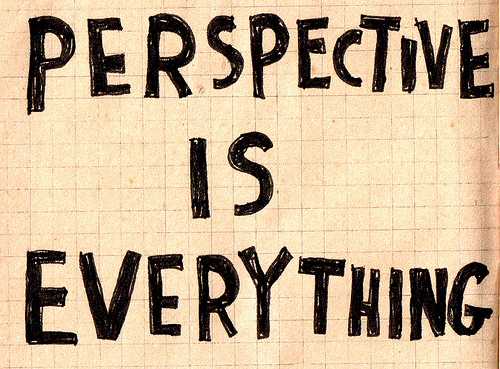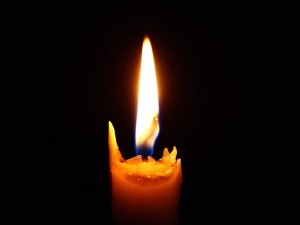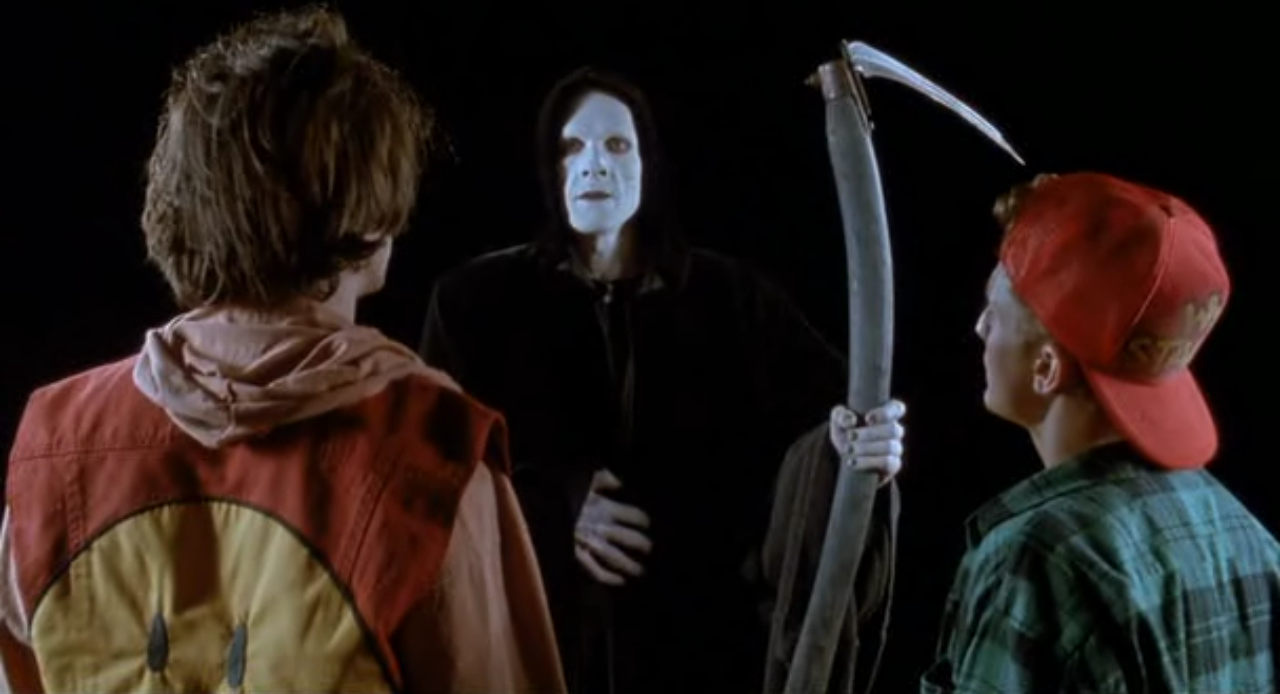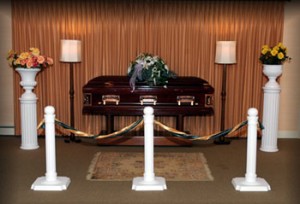Thirty-one years ago this week, my older brother Michael died at age 17. I felt the need to write something to mark the anniversary. But to be honest, I didn’t know what to say.
Mood music:
http://youtu.be/hEXpmYNgdBM?list=PLLFxufQM_PMu0EJn7shfH34GFPkEBXE_f
Part of that is because I wrote the whole “how his death affected me” post three years ago in “Death of a Sibling.” I also delved into the lighter memories — the outrageous and hilarious shit he used to pull — in “Celebrating a Lost Sibling.”
Then yesterday, during my 45-minute drive to the office, I was chuckling over a crack my oldest son made at my expense a few days ago.
“You know, Dad,” he said, staring at the Superman S on the T-shirt I was wearing, “you look like Superman, 20 years after saving the Earth, with more gray hair and more than a few extra pounds.”
I have the same, serrated brand of snark. I’ll scold him to teach him manners and respect, but I’m usually laughing inside. More often than not, I laugh aloud, which admittedly defeats the purpose of scolding him in the first place.
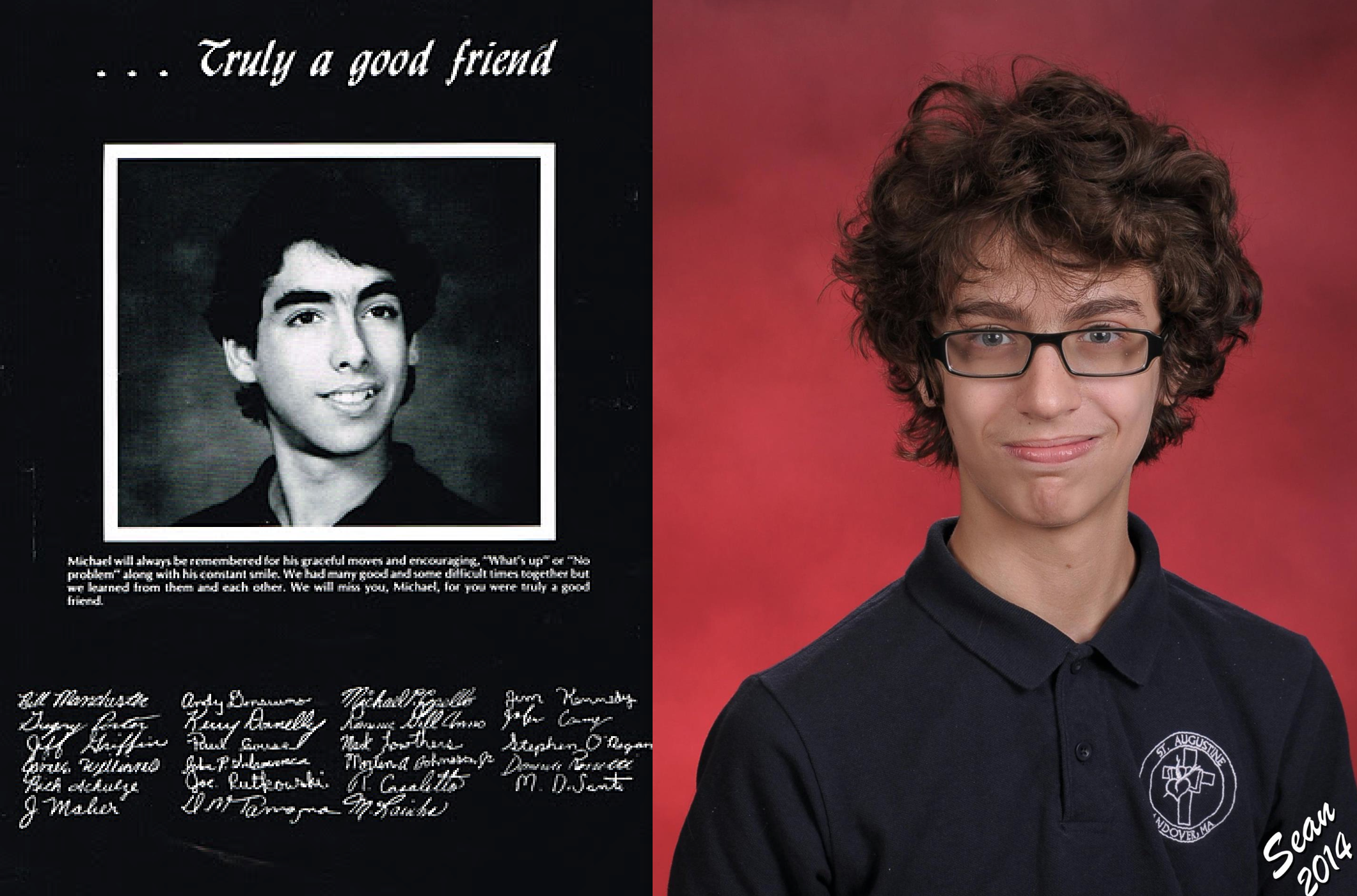
Truth is, I also enjoy it because it reminds me of my brother.
It’s funny how life works. Sean is named for a best friend and surrogate brother who died some years ago. But he’s sounding and looking more like my real brother all the time.
Like Michael, Sean has a unibrow and the start of some whiskers above his upper lip. He’s tall and lanky, the way Michael was before he started weight lifting in his early teens. His hair grows wild, the way Michael’s did, though the latter tried to control it with frequent hair cuts. Sean prefers a shaggy head.
There are some distinct differences between Sean and the uncle he never met, however. Michael was studying to be a plumber at the time of his death. He enjoyed the art of putting pipes together in just the right formation, allowing water to flow. Sean prefers putting LEGOs and robotic machinery together.
Sean is a Boy Scout, a choice his uncle — and dad, for that matter — would never have made. Sean is also more cautious and refined than Michael was. Sean hates his braces but hasn’t pulled them off with a pair of pliers like his uncle did the same day his mouth metal was installed. Years later, my brother’s act of rebellion is the stuff of treasured family lore. But Sean knows better than to try such a thing.
Differences aside, the similarities are hard to miss.
That makes me happy.

